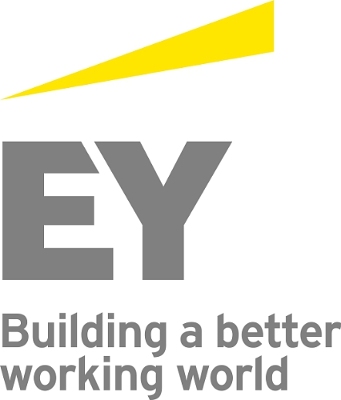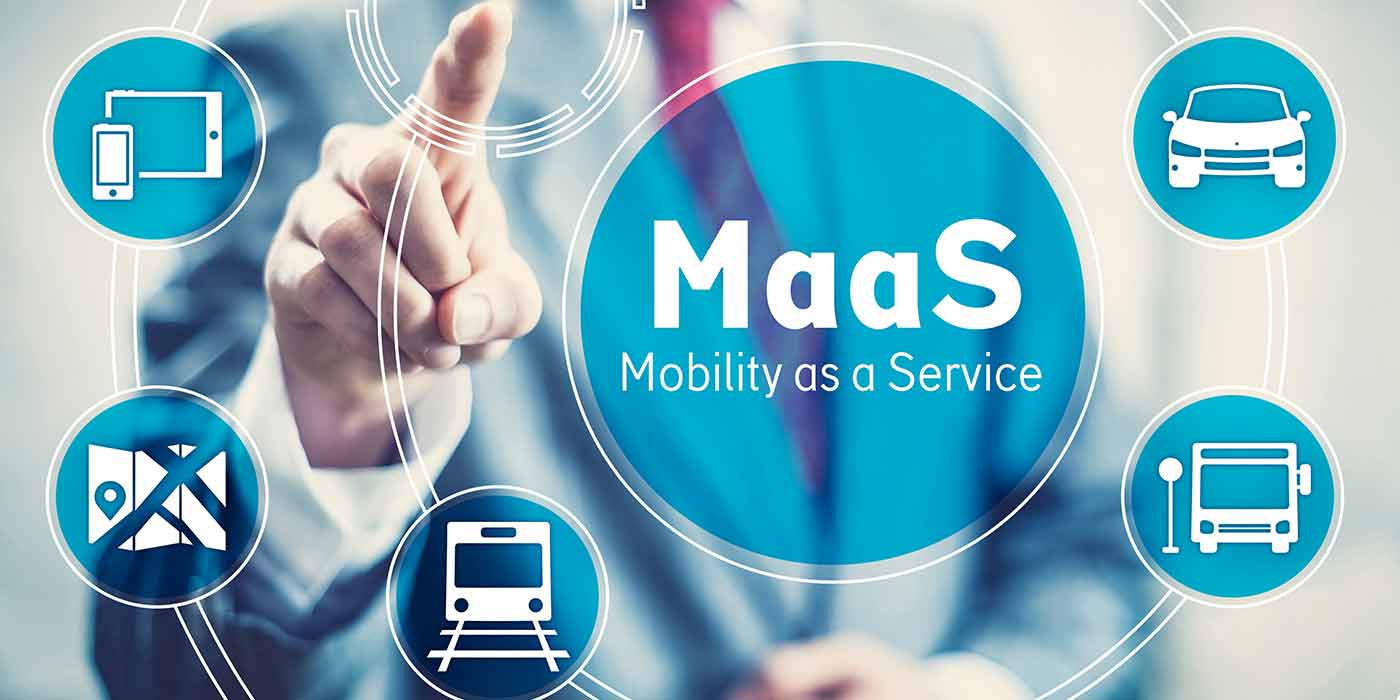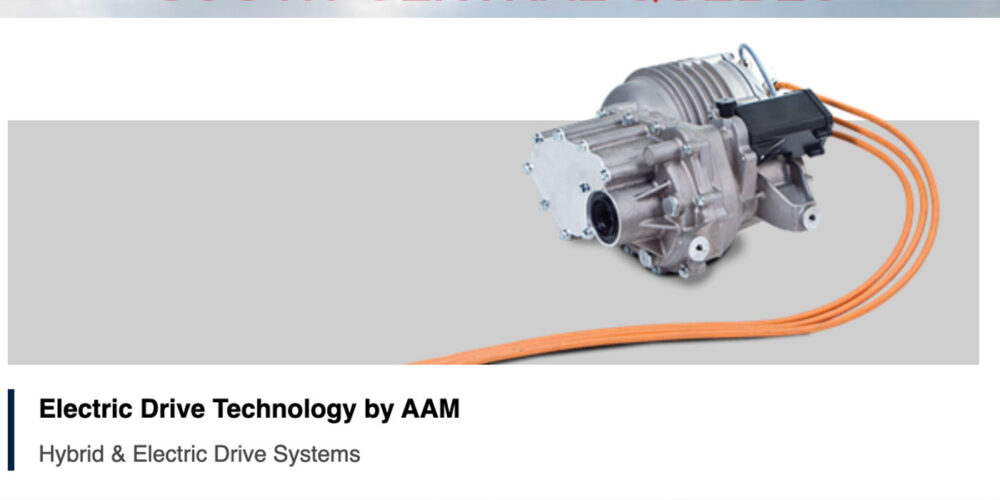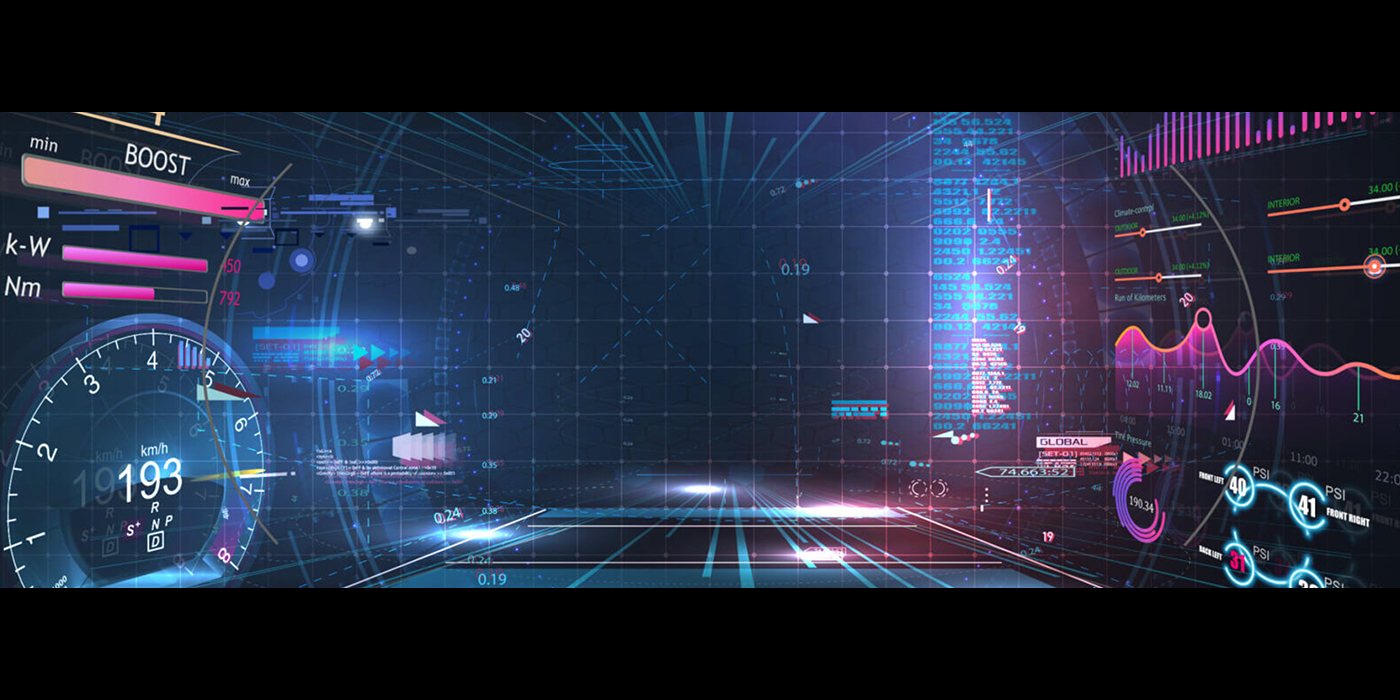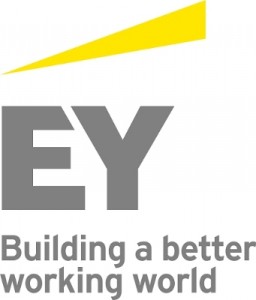 Automakers must radically change their thinking about customers, business partners, employees and their businesses to successfully address people’s changing demands for mobility, according to “Remodeling for Mobility,” a new study from EY. This assessment of global automotive industry manufacturers finds that several external trends are fundamentally changing the way people think about owning cars, how they fit into their lifestyles and meet their mobility requirements.
Automakers must radically change their thinking about customers, business partners, employees and their businesses to successfully address people’s changing demands for mobility, according to “Remodeling for Mobility,” a new study from EY. This assessment of global automotive industry manufacturers finds that several external trends are fundamentally changing the way people think about owning cars, how they fit into their lifestyles and meet their mobility requirements.
These trends include urbanization, sharing of assets and rapid advancements in manufacturing-related capabilities, such as innovations in artificial intelligence, mobile and sensor technologies. Further disruption is likely, EY predicts, as technologies such as blockchain, implantable devices, the Internet of Things (IoT), drones and decentralizing computing infrastructure through fog computing will become mainstream, all of which will further change customer expectations of the automotive industry.
“Automakers have always been innovators and disruptors,” said Randall Miller, EY Global Automotive and Transportation Sector leader. “The industry thrived and matured and automakers were able to benefit from high barriers to entry. But as the new mobility industry takes shape, these same barriers to entry may become barriers to change. Automakers need to radically change their thinking about their customers, business partners, employees and especially themselves to ensure they remain viable into the future.”
Through its report, EY has identified several challenges that incumbent automobile companies must overcome to succeed in mobility.
Expand innovation beyond “just” the vehicle
The automotive industry’s track record of innovation is now challenged. As such, they must now create new business models that incorporate thought diversity and speed of design and better embrace risk and failure. EY believes few automakers have a solid approach to developing a large portfolio of ideas, evaluating their value, designing sound in-market experiments, learning from failure or understanding when to scale. As a result, more automakers should develop a variety of ways to ideate and experiment in areas that include connected services, mobile apps and vehicle-as-a-service offerings.
Connect personally with consumers
Automakers need to view consumers as individuals for whom experiences, products and services must be personalized. This is especially critical to capture the consumer market of millennials and Generation Z, who have grown up with mobile and on-demand services and expect to be able to prioritize and personalize their experiences. Unless automakers dramatically improve their ability to interact by understanding and acting on consumer intelligence, they risk losing them.
Collaborate with the broader automotive ecosystem
For automakers, many supplier relationships have been defined by formal, closed contracts, tough negotiations and a rigid tier structure. This was a useful interaction model for purchasing parts, but the new mobility industry requires closer working with a broader set of ecosystem partners. This is an opportunity for automakers to take the lead in working with other key stakeholders to openly share technology, data and expertise. This requires a re-evaluation of assets that have long been considered secret, an aligning of incentives and a sharing of risks and rewards.
Focus on the war for talent
Traditional organizational constructs, compensation models and incentives can prevent the automotive industry from attracting and retaining the talent required to innovate and sustain a dynamic business that is focused on mobility. To do so, automakers must develop talent in unconventional ways – or face a shortage of talent that will put automakers at a distinct competitive disadvantage.
Launch new operating models
As incumbents with significant legacy operations, automakers typically leverage existing processes and systems rather than create new ones. If automakers set up new business units to compete in the new mobility industry, they must design new operating models for these units. Core business operations can be retained, with adept organizations creating feedback mechanisms so that new units can transfer knowledge and process innovation back to established operations, leading to a cycle of continuous improvement.
Kristin Schondorf, EY Global Automotive and Transportation Mobility leader, added, “There is clearly a need to bring the new mobility ecosystem together, explore the challenges and opportunities of the industry’s paradigm shift and develop fresh ideas about the future. We believe automakers can – but only if they shed their historically narrow approach to innovation.”
Read the full EY report here.

